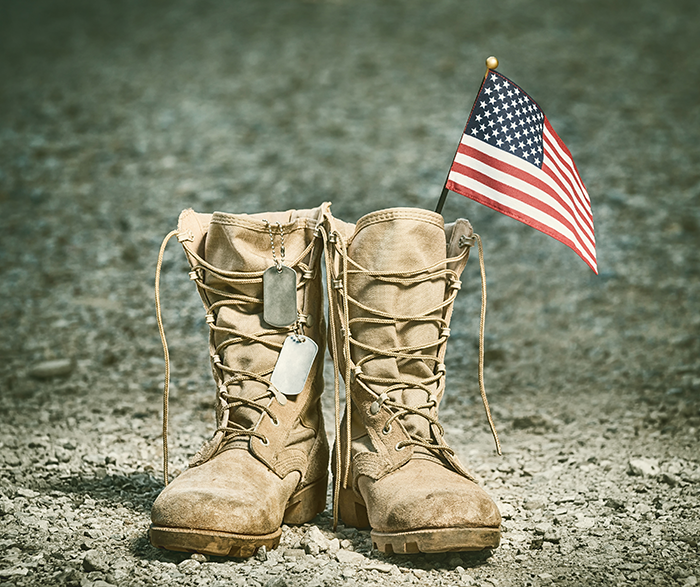Classification of Veterans

As stated above, the law requires that Veteran’s whose health is compromised will need a certain level of income each month. The VA has three classifications of veterans who could potentially be eligible for Improved Pension benefits
Housebound- If a veteran is not only
Aid & Attendance: The most common classification for the typical client is going to be Aid & Attendance. This is because this classification not only provides the highest monthly benefit, for many clients one of the keys to receiving any benefits is the presence of high medical expenses. It makes sense that for clients who have high medical expenses,
- Being blind or nearly so blind as to have corrected visual
actuity of 5/200 or less or concentric contraction of the visual field to 5 degrees or less.
- Being a resident in a nursing home because of mental or physical incapacity
- Showing that the veteran is unable to dress or undress or keep themselves clean and presentable, that they need frequent adjustments to any prosthetic or orthopedic appliance, that they are not able to attend to the wants of nature, or has any physical or mental incapacity that requires assistance on a regular basis to protect the veteran from the dangers of their daily environment.
These classifications are written from the perspective of the veteran needing the aid, and as long as the veteran is alive, then only their health will be evaluated for purposes of establishing this classification. So if you have a healthy 80 year old veteran with a 80 year old spouse who is wheelchair bound, and has advanced dementia, the appropriate classification would be disabled. If the roles were reversed, then the appropriate classification would be aid and attendance. In the event that the veteran has deceased, then the same classifications would be made based on the health of the surviving spouse, as they are now the claimant for benefits.
